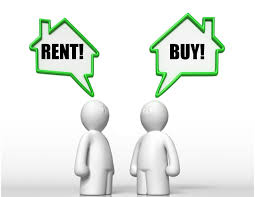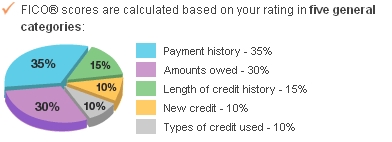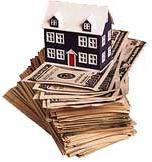Owning is cheaper than renting, so why do so many people choose to rent?
Historically, and even today, buying a home is still cheaper than renting, but it appears that isn’t what many people believe, according to new data from mortgage giant Freddie Mac.
According to recent survey, a full 70% of renters currently feel that renting is more affordable than home ownership, and 55% have no plans to buy in the next three years. Those percentages are pretty close across all demographic groups, from young to old. Many people choose to rent for lifestyle reasons, citing age, and freedom from home maintenance as large factors. Lifestyle considerations for buying or renting aside, affordability is obvious. According to Trulia’s last Rent vs. Buy report, buying remains cheaper than renting nationally. Buying is an average of 23% cheaper than renting. Buying shows to be cheaper in almost every market, which owning being the winning choice in 98 of the 100 largest U.S. metro areas, according to Trulia’s survey.
Many people choose to rent for lifestyle reasons, citing age, and freedom from home maintenance as large factors. Lifestyle considerations for buying or renting aside, affordability is obvious. According to Trulia’s last Rent vs. Buy report, buying remains cheaper than renting nationally. Buying is an average of 23% cheaper than renting. Buying shows to be cheaper in almost every market, which owning being the winning choice in 98 of the 100 largest U.S. metro areas, according to Trulia’s survey.
The survey shows most renters still have favorable views toward homeownership, and many still spire to own a home, but more than ever before, many choose to rent because they view it as more affordable and a better fit for their lifestyle right now.
Many renters, even those who indicated they plan to buy, believe they face hurdles in down payment, and carry too much debt. While this may be true for some, the myth is not based in reality. Maybe you can’t buy the dream house, but they can easily afford a starter house.
Starter Homes
Starter homes lost their luster, especially in the boom years of 2000 – 2006, when many first time home buyers jumped right into large new construction homes, probably above their realistic affordability range, when they probably should have followed their parents path of buying a starter home, and moving up to bigger nicer homes as age, family size, and income dictated.
As a Mortgage Loan Officer, I speak to people everyday with the champagne taste of a new home, but the beer budget. This attitude of “I deserve” prevents many of them from buying, when historically, real estate ownership has created more wealth for the average person in this country than anything else.
Finally, the survey indicated almost half of all renters whose rents rose in the last two years say they like where they live, and will likely stay stay regardless of rent increases, low mortgage rates, and home affordability.


 The mortgage application process is cumbersome and paperwork intensive. Everyone needs to supply basic documents, but depending on your individual situation, you may need more – sometimes a lot more.
The mortgage application process is cumbersome and paperwork intensive. Everyone needs to supply basic documents, but depending on your individual situation, you may need more – sometimes a lot more.

 This is according to a report from CoreLogic, The report indicated the total number of mortgaged residential properties with equity at the end of 2015 was about 46.3 million, or a full 91.5% of all properties that also have a mortgage loan.
This is according to a report from CoreLogic, The report indicated the total number of mortgaged residential properties with equity at the end of 2015 was about 46.3 million, or a full 91.5% of all properties that also have a mortgage loan.